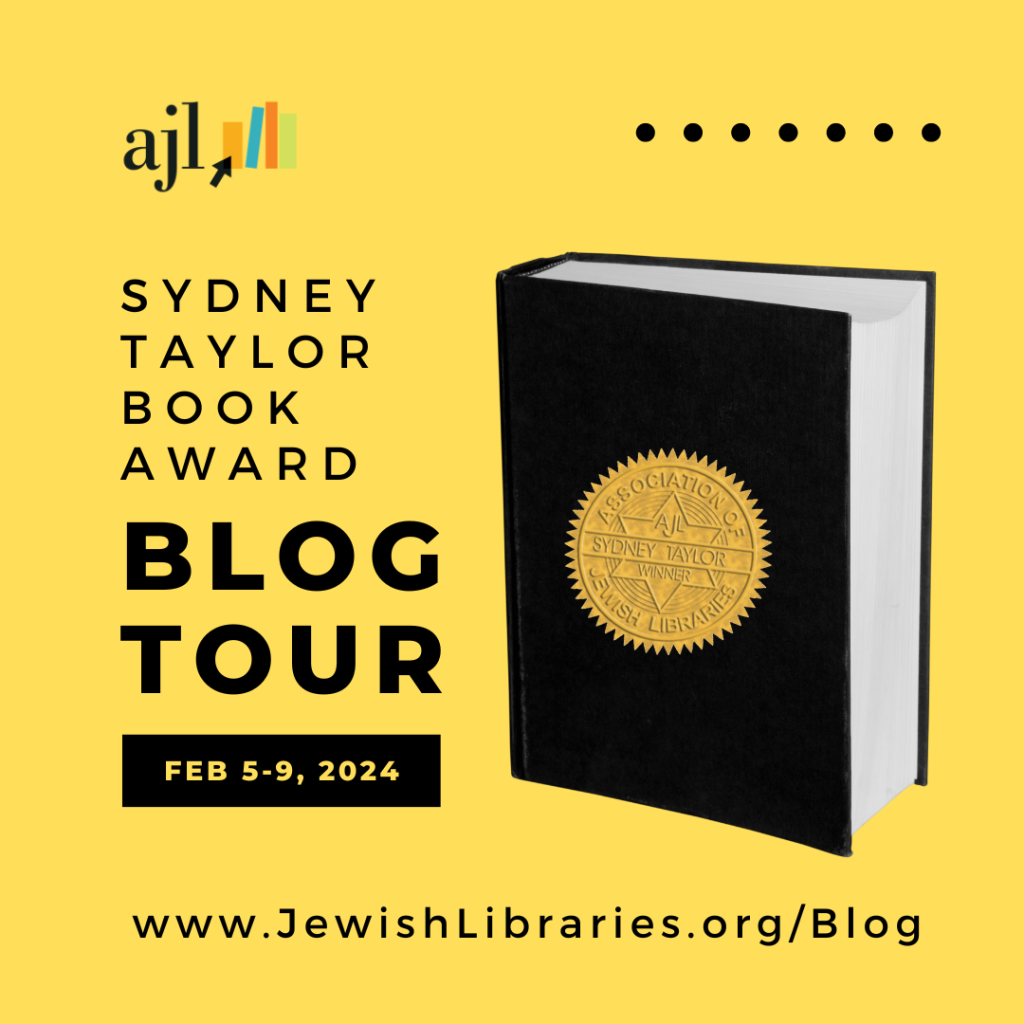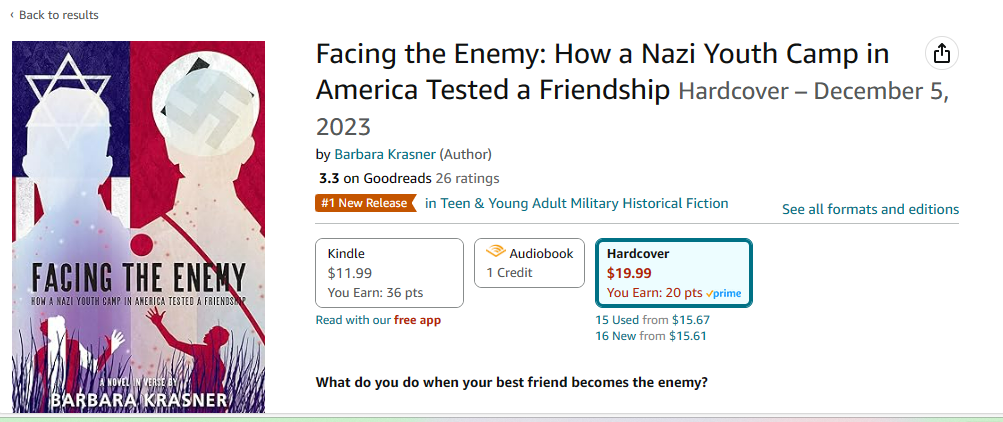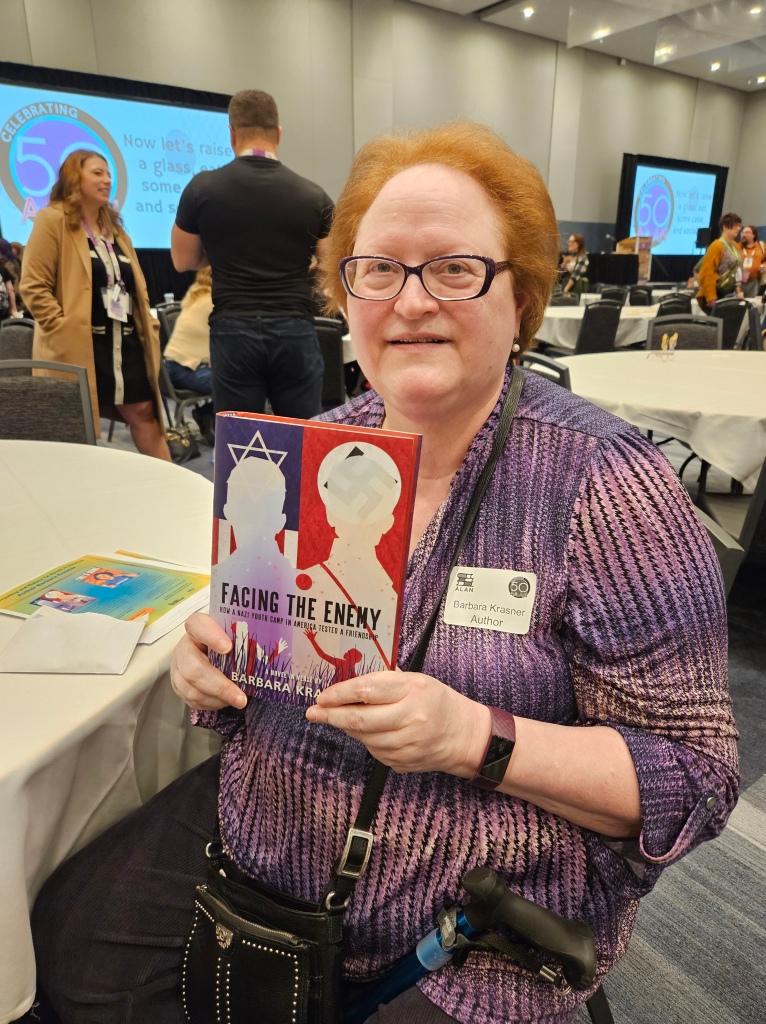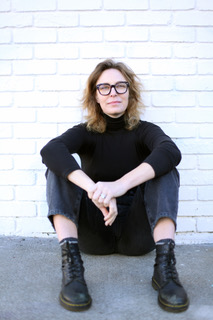Lang, Jennifer. Places We Left Behind: A Memoir-in-Miniature. Vine Leaves Press, 2023.
Writing the Past (WTP): What motivated you to write this memoir, and to write it in “vignettes”?
Jennifer Lang (JL): Eight years ago, halfway through my MFA at Vermont College of Fine Arts, while working on an essay about running for shelter during the First Gulf War in 1991, my mentor suggested I separate my marriage from the sealed room. He noted that my marriage deserved its own space; I spent the new few months asking what he meant in the margins. He made me see what I didn’t: the multi-cultural aspect, our multilingual life, mixed but shared religious lifestyle, and the knotty issue of home.I asked my husband’s permission to write our story.

By the time I finished a year later, it was 95, 892 words and flat. I was drowning in my words. Only way to find the surface was to hire a developmental editor, who gave me what I needed: extensive and honest feedback along with advice to put away the manuscript. Months passed. I took an online flash class. I responded to a literary journal’s call for submissions: J is for … 300 words maximum. I opened my manuscript and found for the word “jury” buried amongst another 3000 words, about sitting on our sunroom sofa in our century-old house in White Plains, NY, debating our future like a jury of two. Like a sculptor, I chiseled it to under 300 words. It rocked. I went A to Z, each time sticking to the word limit. By the end, I had a different number of vignettes for each letter but a still unwieldy 67,591-word story, spanning too many decades, lacking a strong narrative arc and spark. I put it away. But that was the beginning of what ended up a long journey, taking seven years from start to finish.
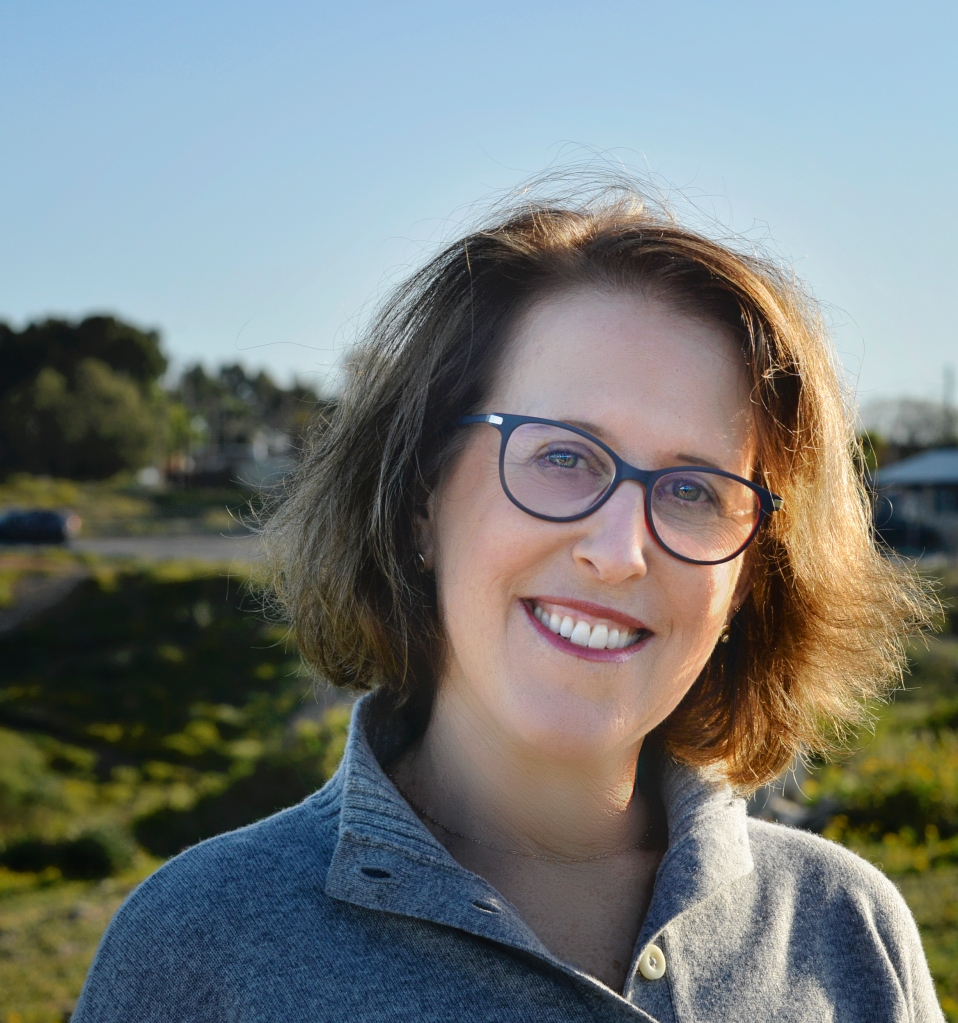
WTP: Were there any “aha” moments for you in the writing process?
JL: Several for which I am oh, so grateful. On one level, there was the understanding that my husband and I were children when we got married and we have fully adulted together. We are the only ones who fully understand where we lived, why we moved, what we were searching for, and, of course, how it affected our children.
Other “aha” moments are sprinkled throughout the book, and I don’t want to spoil them for any potential readers.
But by far the biggest one of all is in the look and feel of the final manuscript: experimental, visual, playful. I embraced what a different MFA mentor suggested in 2016: nimblemindedness. Then, I didn’t grasp what she meant. Now, this flexible, open-minded, playfulness has set me free. It lightened a heavy story. It made it unique a la Nora Krug (see below in response to inspiring authors). It made the writing process fun. It surprised me. It challenged me to approach each page, each vignette with what is called Beginner’s Mind in Zen Buddhism and Beginner’s Eyes in yoga. To look at something as if for the first time.
WTP: What were the challenges and satisfactions?
JL: The biggest challenge was traveling down memory lane, deep into difficult moments of my marriage, through photo albums and old letters and emails, on my own. In other words, I took a journey but my husband didn’t. I battled with sadness, turned inward at times, questioned him and us, pulled away. He didn’t know what was going on, and honestly, while I was in the process, I didn’t either. It’s not a given to do that on one’s own and not suffer somehow. At one point, I began therapy and am thankful that I had a safe place to let go of some potentially hurtful thoughts.
The most satisfying part was getting to the other side, finishing with a beautiful book and sharing it with him before the developmental editing process with the publisher. He was so hesitant to read it, petrified I had portrayed him as a villain, not understanding what the point of memoir writing is even though I’d told him more than once it was a love story. In the end, it feels like a love letter from me to him.
WTP: What writers inspire you?
JL: I admire and am drawn to writers who dare and write outside the box:
- Amy Krouse Rosenthal, may she rest in peace, for her Encyclopedia of an Ordinary Life: A Memoir
- Alison Bechdel, author of Fun Home: A Family Tragicomic, and Mira Jacob, author of Good Talk, and Marjane Satrapi, author of Persepolis: The Story of a Childhood, for their graphic memoirs
- Nora Krug for a matchless illustrated memoir Belonging
WTP: How did your MFA help or hinder you?
JL: While it is not necessary in writing, it was magical. Between the craft I learned and the confidence I gained and the community I built, it was worth the investment.
WTP: What’s next for you?
JL: My second book, Landed: A yogi’s memoir in pieces & poses, will be released on 10/15/2024 (Vine Leaves Press), and I am neck-deep in it: in-house developmental editing begins imminently then asking for endorsements while planning my book tour. Putting a book into the world is a privilege, as well as a full-time job.
It’s difficult to look forward, beyond the here and now of war and hostages and antisemitism surrounding us, infiltrating every conversation, affecting our moods and actions on a daily basis.
It’s equally difficult to look forward with my book/s. They are both all about where I live, everything with which I’ve wrestled over the years, about my fear of this place I call home. They are so much of what the world despises, openly and unabashedly.
On one hand, I feel like my stories are trivial and irrelevant in the greater world context, but on the other, I think they shine a light on what it means to be a human being trying to live a peaceful life in a region that is misunderstood and so complicated.
For anyone who wants to learn more, I highly encourage checking out some of these:
The Daily “1948”
Sam Harris, “The Bright Line Between Good and Evil”
Whispered in Gaza

